Can an iPhone be unlocked if stolen? No, If your iPhone is stolen, it’s not easy for anyone to unlock it unless you’ve set a passcode or password. So, make sure to always lock your iPhone with a password to keep your data safe if it’s lost or stolen.
In this digital age, smartphones are becoming a very important part of our lives. They act as personal assistants, communication devices, and storage devices, holding a lot of our important information. Among these, the iPhone is the most popular and secure device on the market. Because it is very expensive, it is a major target for thieves. A critical question that every iPhone user has is: ‘Can an iPhone be unlocked if stolen?’ In this blog, we will explain the extensive security features of the iPhone and and try to find the answer to this question “Can an iPhone be unlocked if stolen”
Different types of iPhone locks
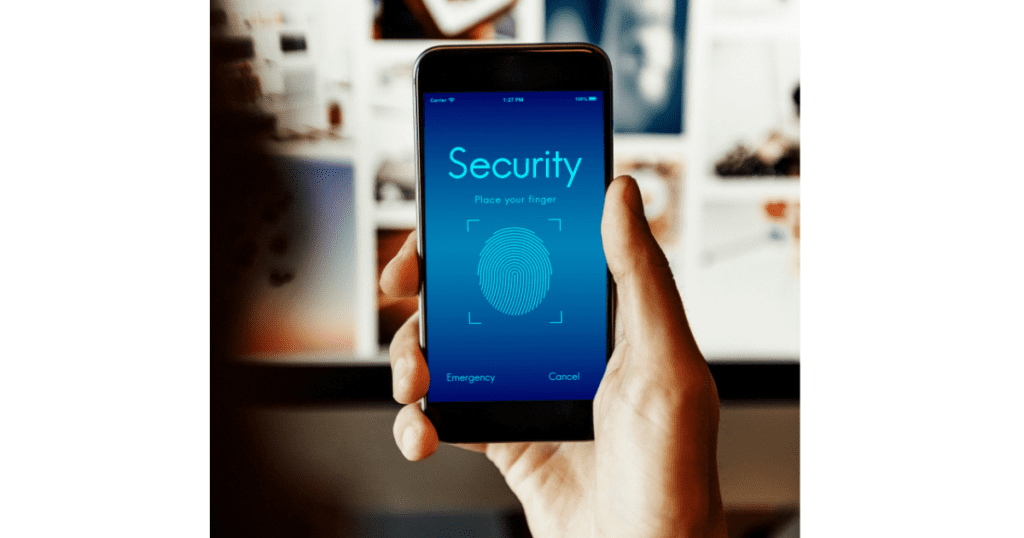
Can an iPhone be unlocked if stolen
Due to the high value of the iPhone, there is a significant risk of it being stolen. Therefore, Apple has built in many features to ensure that users do not face any inconvenience and can maintain their security in every way. Even if a thief steals the iPhone or it gets lost, the data inside remains safe.”
Passcode Protection: Users can set a numerical or alphanumeric passcode to unlock their device, providing a basic level of security.
Face ID and Touch ID: Biometric authentication methods that use facial recognition or fingerprint scanning to unlock the device, adding an extra layer of security.
iCloud Activation Lock: Tied to the “Find My iPhone” service, this feature prevents anyone from using or selling a lost or stolen iPhone without the owner’s Apple ID and password.
Encryption: All data on an iPhone is encrypted by default, making it extremely difficult for unauthorized parties to access the information stored on the device.
Why is iPhone theft a concern
The iPhone is not just a piece of technology for us; it contains a lot of important information, the loss of which poses a significant risk. Additionally, since it is very expensive, losing it causes us considerable financial loss as well.
- Access to Personal Data: Thieves can potentially access emails, messages, photos, and other sensitive information stored on the device.
- Financial Threats: With access to banking apps, digital wallets, and other financial information, thieves can attempt to steal money or commit fraud.
- Identity Theft: Personal information stored on an iPhone can be used to commit identity theft, leading to long-term repercussions for the victim.
- Loss of Privacy: Photos, videos, and other personal files can be exposed, leading to a significant invasion of privacy.
Understanding iPhone Locking Mechanisms
The iPhone has many security features that allow you to keep your data safe from unauthorized users
There are the following features are available in the iPhone for lock:
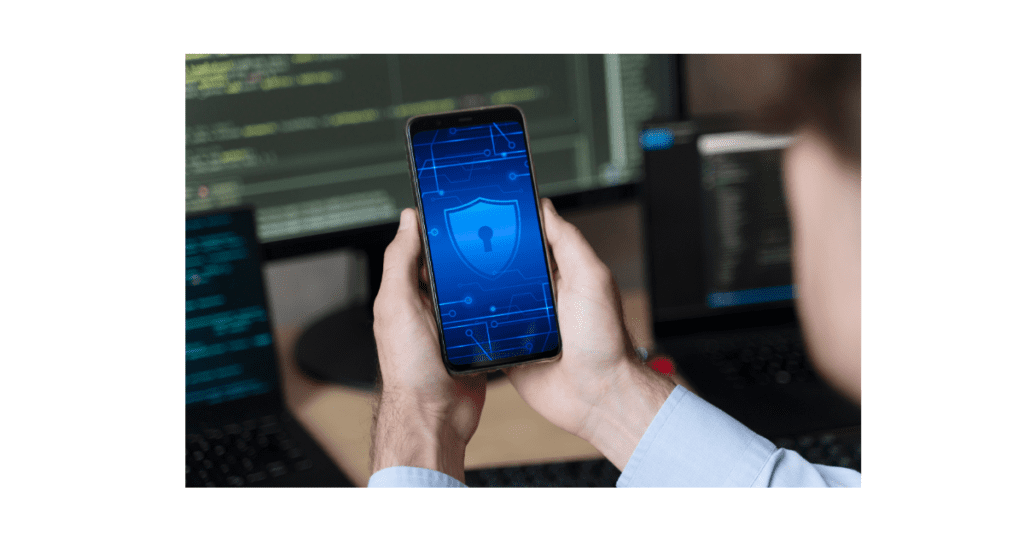
Can an iPhone be unlocked if stolen
Passcode Protection
The most commonly used method is the passcode. Users can set a passcode using numeric or alphabetic characters, which keeps their data safe. Only those who know the passcode can access the data. Regularly updating and choosing a strong passcode can significantly enhance security.
Face ID and Touch ID
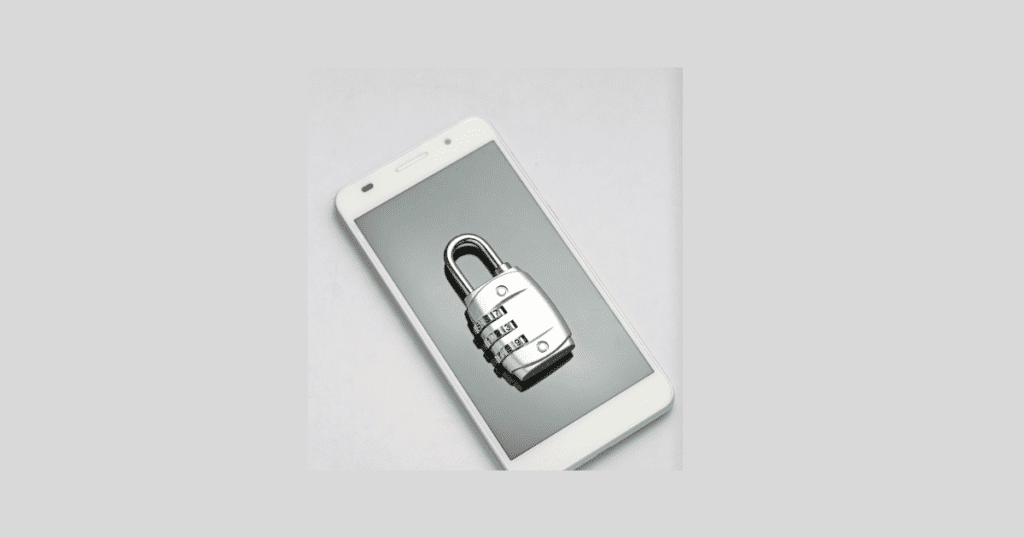
Can an iPhone be unlocked if stolen
Apple has integrated biometric authentication methods to provide both convenience and security.
Face ID: In advanced iPhone models, Apple has also added Face ID lock, which requires the user’s facial expressions for implementation. The infrared light in the iPhone authenticates these expressions. Even in varying lighting conditions or with changes in appearance, such as wearing glasses or growing a beard.
- Touch ID: Found on older iPhone models and some newer models, Touch ID uses fingerprint recognition. Users can register multiple fingerprints, allowing them to unlock their device quickly and securely with just a touch.
Both Face ID and Touch ID add an extra layer of security, making it more difficult for unauthorized users to access the device.
iCloud Activation Lock
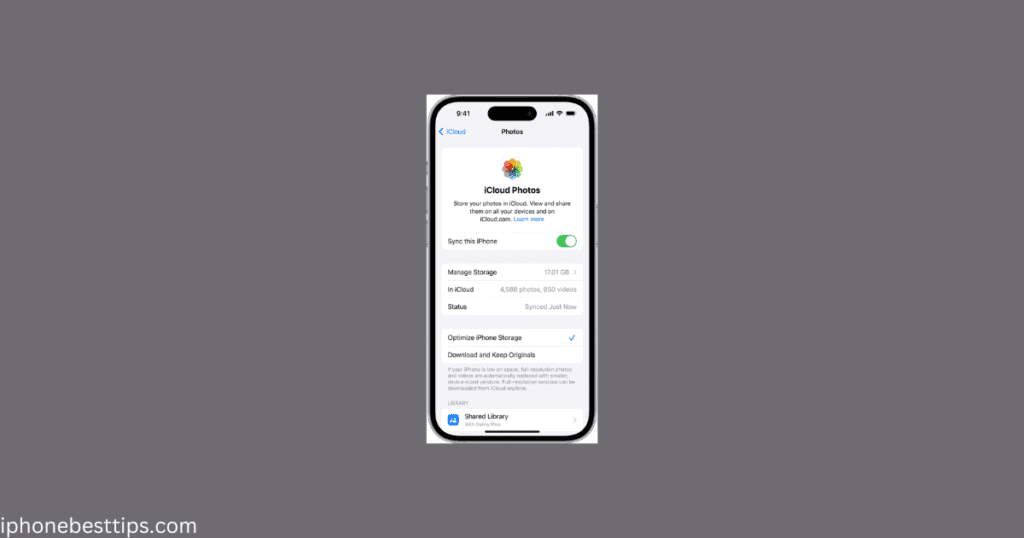
Can an iPhone be unlocked if stolen
iCloud Activation Lock is a security feature that prevents anyone else from using your iPhone if it is ever lost or stolen. When enabled, this feature requires the user’s Apple ID and password to turn off Find My iPhone, erase the device, or reactivate and use the device. Activation Lock is automatically enabled when Find My iPhone is turned on in iCloud settings.
By utilizing all these features, you can keep your iPhone secure. No one can reactivate your phone easily, whether it’s a thief or someone who finds it somewhere until the owner intervenes.
Try to Unlock iPhone via passcode
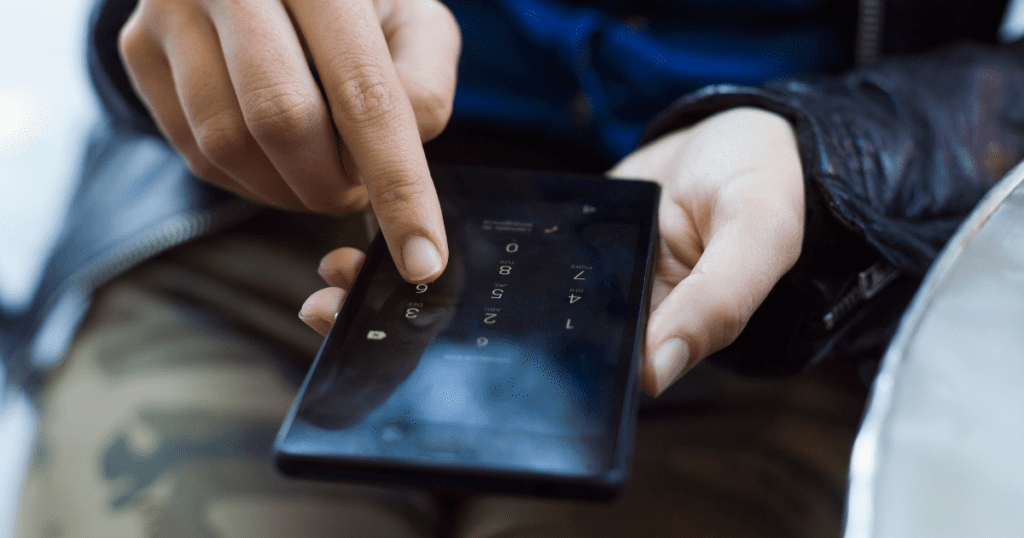
Can an iPhone be unlocked if stolen
If your iPhone gets stolen, the thief will first try to guess the passcode using common combinations that people often use, like “0000”, “1234”, “ABC”, and others. This will be their first attempt to access your phone. If they manage to crack the code, they can easily see all the data on your iPhone. If they can’t guess the code, your iPhone will remain locked. You have a limited number of attempts to unlock your iPhone.
If it remains locked after several attempts, the iPhone will become disabled. After that, additional verification steps are required, which only the iPhone owner can complete. Your iPhone allows only a few tries for entering the wrong passcode. If the thief goes over this limit, your iPhone gets disabled. To unlock it then, they’d need extra steps and verifications, which they can’t do without you, the original owner.
Now, some professional tools can unlock stolen iPhones. These tools are meant to help people who forgot their passcodes get into their locked phones. That’s how a locked iPhone can be unlocked. You can learn more below.
Apple’s Measures Against Unauthorized Access:
1. Find My iPhone and Lost Mode:
- Tracking and Location: Apple’s “Find My iPhone” feature allows users to locate their device remotely using iCloud. This feature helps users track the location of their iPhone in case it’s lost or stolen.
- Lost Mode: Users can activate “Lost Mode” through Find My iPhone. This feature locks the device remotely, displays a custom message with contact information on the lock screen, and prevents unauthorized access to personal data.
2. Remote Wipe and Data Protection:
- Remote Wipe: In the event of a lost or stolen iPhone, users can remotely erase all data from the device using Find My iPhone. This feature ensures that sensitive information remains protected by removing it from the device.
- Data Protection: iPhones incorporate hardware and software-based encryption to safeguard user data. Even if the device is lost or stolen, the encrypted data remains inaccessible without the passcode.
3. Regular Security Updates:
- Timely Patches: Apple regularly releases software updates that include security patches to address vulnerabilities and strengthen device security. These updates are essential for protecting iPhones against evolving threats and ensuring the integrity of the operating system.
Steps to Take if Your iPhone is Stolen:
1. Immediate Actions to Secure Your Data:
- Activate Lost Mode: Use “Find My iPhone” to remotely activate Lost Mode on your stolen device. This locks the iPhone, displays a custom message with contact information on the lock screen, and prevents unauthorized access to your data.
- Remote Wipe: If you suspect your iPhone is stolen and cannot be recovered, initiate a remote wipe to erase all data on the device. This ensures that your personal information remains protected.
2. Reporting to Authorities and Apple:
- File a Police Report: Immediately report the theft to the local law enforcement agency. Provide them with relevant details, such as the device’s serial number (IMEI) and any identifying features.
- Contact Apple: Inform Apple Support about the theft and provide them with your device’s serial number. They can flag the device as stolen in their system, making it harder for thieves to sell or activate it.
3. Tracking and Recovering Your Device:
- Track Your iPhone: Use “Find My iPhone” to track the location of your stolen device. If it’s nearby, you may be able to retrieve it with the help of law enforcement. Keep an eye on your Apple ID account for any unauthorized activity, such as logins from unfamiliar devices. This could indicate that the thief is attempting to access your data. Contact your mobile carrier and report the theft. They can suspend service on your stolen iPhone to prevent unauthorized use and potentially track its location through network activity.
Preventive Measures to Protect Your iPhone:
1. Setting Strong Passcodes:
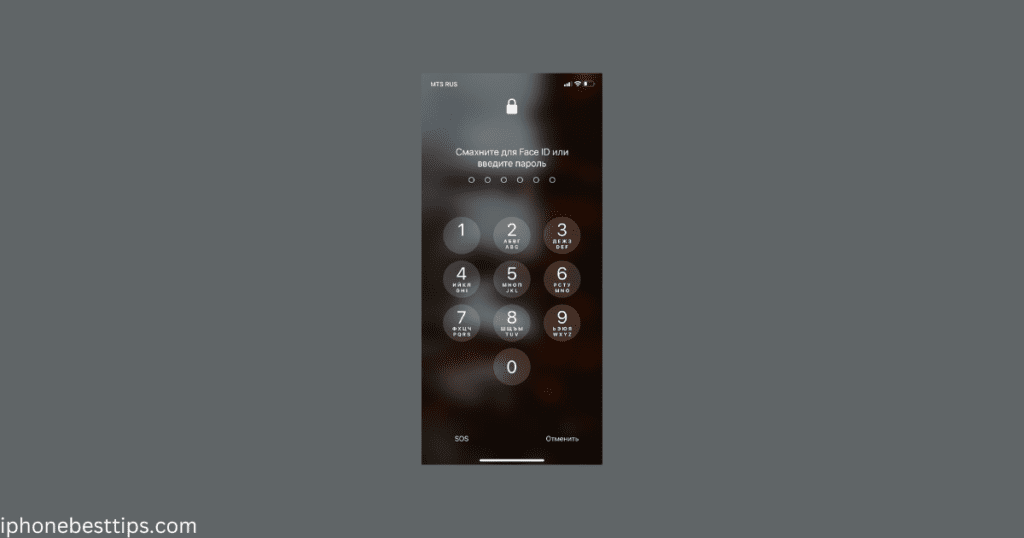
Can an iPhone be unlocked if stolen
- Use Complex Passcodes: Avoid using simple or easily guessable passcodes like “1234” or “0000.” Instead, opt for longer alphanumeric passcodes with a mix of letters, numbers, and symbols.
- Avoid Personal Information: Refrain from using passcodes that are based on personal information, such as birthdays or addresses, as they can be easily guessed or obtained.
2. Enabling Two-Factor Authentication (2FA):
- Enhanced Security: Enable two-factor authentication for your Apple ID to add an extra layer of security. This requires a verification code in addition to your password when signing in to your account, making it more difficult for unauthorized users to access your data.
- Secure Verification Methods: Use trusted devices or phone numbers for receiving verification codes, and avoid sharing them with others to prevent unauthorized access to your accounts.
3. Regular Backups and Secure Storage of Data:
- Backup Your iPhone: Regularly back up your iPhone data to iCloud or iTunes to ensure that you have a copy of your information in case your device is lost, stolen, or damaged.
- Secure Storage: Store your backups securely and ensure that they are encrypted to protect sensitive information. Avoid storing backups on unsecured devices or cloud services that may be vulnerable to hacking or data breaches.
Common Myths About iPhone Security:
1. Touch ID and Face ID Are 100% Secure:
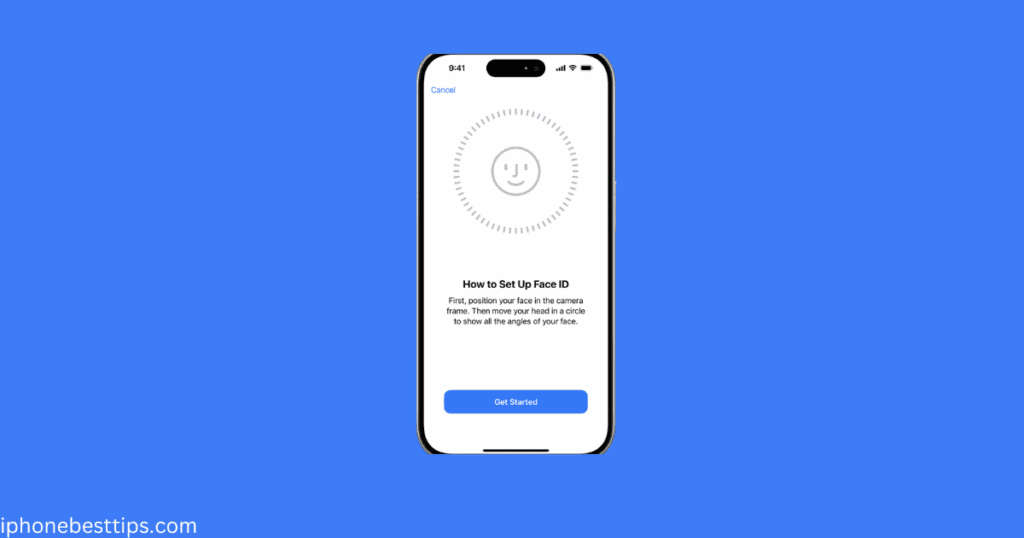
Can an iPhone be unlocked if stolen
Many users believe that biometric authentication methods like Touch ID and Face ID are foolproof and cannot be bypassed. While Touch ID and Face ID offer enhanced security, they are not infallible. Biometric systems can be spoofed using advanced techniques, and there have been instances of successful bypasses.
2. iPhones Cannot Get Viruses:
Some users believe that iPhones are immune to viruses and malware due to their closed ecosystem and stringent security measures. While iPhones have robust security features, they are not invulnerable to malware. Malicious apps, phishing attacks, and other vulnerabilities can still compromise the security of iOS devices.
Clearing Up Myths About Unlocking iPhones
1. All iPhones Can Be Unlocked:
Some people believe that all iPhones can be easily unlocked using software tools or hacking techniques. Unlocking iPhones, especially newer models with advanced security features, is not a straightforward process. It often requires specialized knowledge, tools, and sometimes physical access to the device.
2. Third-Party Unlocking Services Are Safe and Legal:
Some people think third-party services can safely unlock iPhones, but that’s not always true. These services can be risky because they might not follow the rules and could harm your phone’s security or your privacy. Plus, using them might cancel your warranty and break Apple’s rules.
Understanding the Realities of iPhone Theft
1. iPhones Are Prime Targets for Theft:
iPhones are a big target for thieves because they are expensive and have high resale value. They are more likely to be stolen in places like cafes, markets, and hospitals. Therefore, take extra care of your iPhone in such locations.
2. Find My iPhone Can Help Recover Stolen Devices:
Apple’s Find My iPhone has a feature that allows users to trace the location of their iPhone, whether it’s stolen or lost.
Final Thoughts on iPhone Security and Theft Prevention
To protect your iPhone from theft and unauthorized users, you should stay aware, take protective steps, use advanced technology, and stay updated on security threats. Utilize built-in features and keep your information safe.
FAQ’S Can an iPhone be unlocked if stolen
Can someone use your iPhone if stolen?
No, any thief cannot easily use your iPhone. If you have set a password, they will need to unlock it, which is not easy. To protect your iPhone from theft, you can set three types of passwords.
- Passcode, Face ID, or Touch ID: These protect access to your data.
- Find My iPhone: Allows you to lock, track, and erase your phone remotely.
- Activation Lock: Prevents use without your Apple ID and password.
Can a stolen iPhone be shut down?
There is no way to remotely shut down an iPhone. You can lock and mark it as lost so it cannot be used, but you cannot shut it down. Then that person can do anything they want with the phone, including changing passwords so you will be locked out of your own phone.
Can Apple track a stolen iPhone if it’s off?
When you’re using iCloud.com/find, you can’t find your device’s location if it’s powered off, the battery has run out, or more than 24 hours has passed since its last location was sent to Apple.
How to lock a lost iPhone?
Click on “Find iPhone” or “Find My.” Select your stolen iPhone from the list of devices. Click on “Lost Mode.” Follow the on-screen instructions to set a passcode and display a custom message on the lock screen.
Can I permanently lock my stolen iPhone?
Lost Mode lets you lock your iPhone, iPad, iPod touch, Mac, or Apple Watch so that others can’t access your personal information.
Can you lock your iPhone if it gets stolen?
Mark as Lost on iCloud.com/find to lock your device
When you mark your iPhone or iPad as lost, your device is put in Lost Mode — it’s locked with a passcode, payment cards and passes that you use with Apple Pay are suspended, and you can display a phone number and message for someone who finds your device.
Conclusion:
In conclusion, iPhone security is a critical aspect of owning and using Apple devices in today’s digital age. Understanding the common myths and misconceptions about iPhone security, unlocking, and theft is essential for users to make informed decisions and protect their devices effectively. By implementing preventive measures such as setting strong passcodes, enabling two-factor authentication, and regularly backing up data, users can enhance the security of their iPhones and mitigate the risk of unauthorized access or theft.
